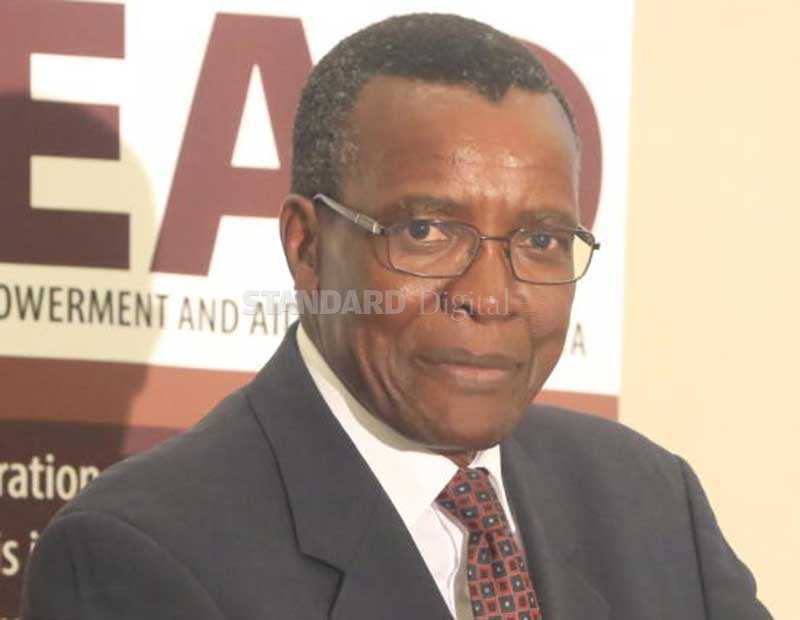×
The Standard e-Paper
Home To Bold Columnists

The Judiciary is still grappling with a backlog of cases due to consistent adjournments.
A report released yesterday by Chief Justice David Maraga reveals that 60 per cent of cases are not heard and determined within a year.